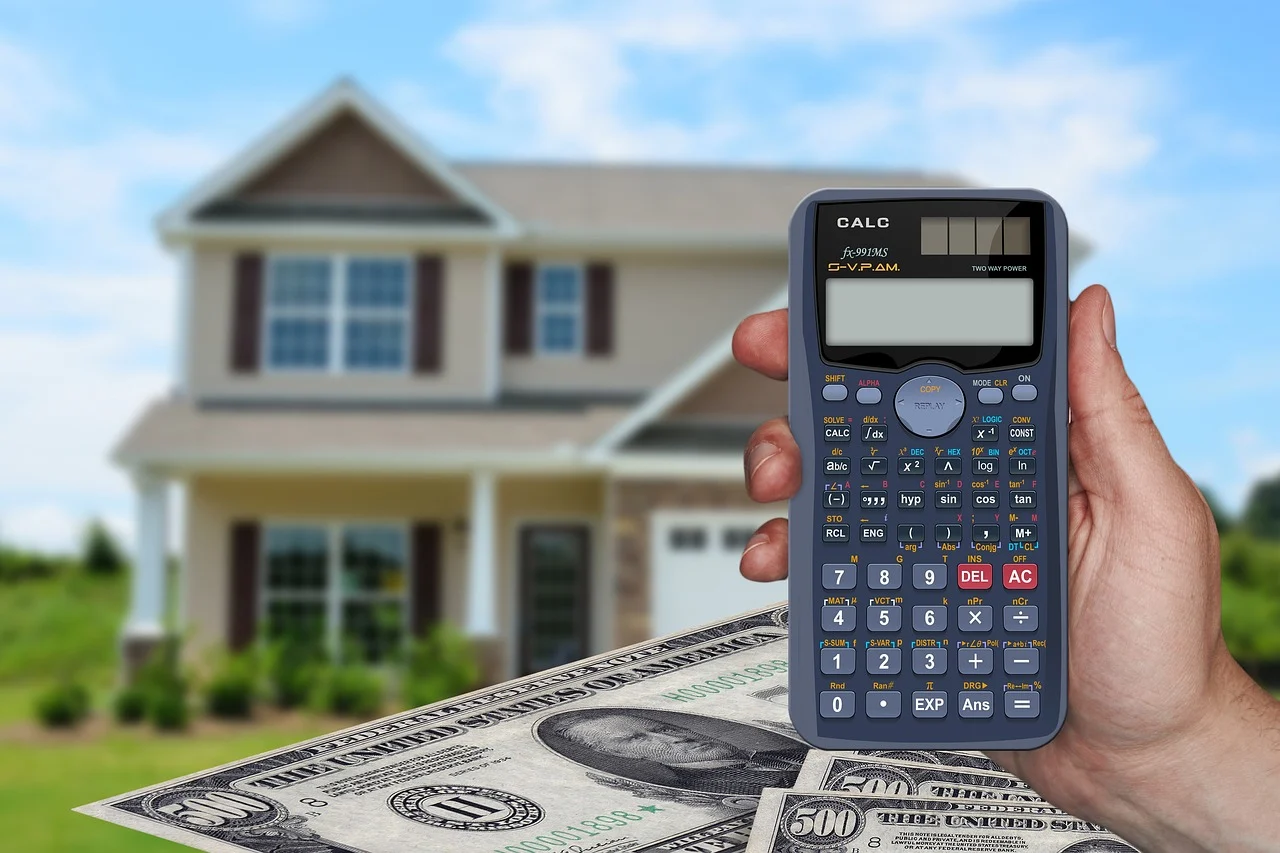Buying a property is one of the most important financial decisions you’ll ever make. Whether it’s your first home, an investment property, or a vacation getaway, the process can be both exciting and overwhelming. However, with proper planning, thorough research, and strategic decision-making, you can minimize the risks and maximize your chances of securing the best property. In this guide, we’ll cover everything you need to know before purchasing a property, from understanding the market to choosing the right financing options.
What to Consider When Buying a Property
Understanding the Local Real Estate Market
Before you start the property search, it’s crucial to understand the local real estate market. The dynamics of the market can significantly impact your purchasing decision, influencing property prices, demand, and future value. Analyze recent trends in property values, rental yields (if investing), and future development plans. Assess local demand, available infrastructure, and amenities such as schools, transport links, shopping centers, and healthcare facilities. All these factors contribute to the value of the property in the long run.
Conducting Thorough Market Research
Thorough market research is the cornerstone of a wise property purchase. Take a deep dive into macro-level trends (national or regional) and micro-level trends (specific to your desired neighborhood). Review historical data on property values over the past decade. Are prices on a steady incline? Are there noticeable seasonal variations? This analysis will give you a clearer idea of when and where to buy, helping you make an informed decision about whether to purchase now or wait for better market conditions.
Analyzing Supply and Demand
Supply and demand play a significant role in real estate pricing. High-demand areas with limited housing supply often command higher prices. However, neighborhoods undergoing new developments may experience a temporary drop in prices due to increased housing availability, creating opportunities for savvy buyers. If you’re considering a long-term investment, focus on areas that show consistent demand and have potential for growth in the future.
Budgeting and Financing When Buying a Property
Establishing Your Budget
Before you start looking at properties, it’s essential to establish a realistic budget. Consider your total income, current financial obligations, and savings. Factor in not only the purchase price but also other costs such as property taxes, insurance, maintenance, and closing costs. Your budget will help you narrow down the property search to what you can reasonably afford, without overextending yourself financially.
Exploring Financing Options
Once you’ve established a budget, it’s time to explore your financing options. Most buyers opt for a mortgage, but it’s important to find the type that best suits your financial situation. Fixed-rate mortgages offer stable interest rates for the duration of the loan, while variable-rate mortgages start with a lower rate but can increase over time. Be sure to consult a financial advisor or mortgage broker to explore all available options. Getting pre-approved for a loan is a smart step, as it gives you a better idea of what you can afford and makes your offer more appealing to sellers.
Property Inspections and Legal Checks when Buying a Property
Hiring a Professional Inspector
One of the most critical steps in the buying process is having a professional inspection done on the property. Inspections can uncover hidden issues such as structural damage, faulty wiring, plumbing problems, or even pest infestations. Identifying these problems early on can save you from expensive repairs down the line. In some cases, you can negotiate the repair costs with the seller, or, if the problems are too significant, walk away from the deal altogether.
Legal Considerations
In addition to inspections, make sure all legal aspects of the property are in order. This includes verifying the property’s title, ensuring there are no outstanding liens, and confirming zoning compliance. If you’re not familiar with these legalities, it’s advisable to hire a real estate attorney who can guide you through the paperwork and ensure your interests are protected.
Common Pitfalls to Avoid when Buying a Property
Overlooking Additional Costs
When planning your budget, it’s easy to focus solely on the purchase price. However, many first-time buyers overlook additional costs such as property taxes, homeowners’ insurance, and maintenance fees. These expenses can add up quickly, especially if you’re buying a property a condo or in a gated community with homeowners’ association (HOA) fees. Make sure to account for these costs in your budget to avoid financial strain later on.
Skipping the Pre-Approval Process
Skipping the mortgage pre-approval process can be a costly mistake. Without pre-approval, you may not have a clear understanding of your buying power, which can lead to disappointment if you fall in love with a property that’s outside your price range. Additionally, sellers tend to prioritize offers from buyers who are pre-approved because it shows financial readiness and commitment.
Ignoring Future Resale Value
While your immediate needs are important, you should also think about the future resale value of the property. Buying a property in a location with strong growth potential, good infrastructure, and access to amenities will help ensure that your investment appreciates over time. Keep in mind factors such as nearby schools, public transport options, and neighborhood safety—all of which can impact the property’s long-term value.
Personal Insights: The Importance of Thorough Research
Having gone through the process myself as both a homeowner and real estate professional, I cannot stress enough the importance of research. One property I considered seemed like the perfect fit, only to find out later that the area had flooding issues. This experience reinforced the need to thoroughly investigate not just the property, but also the surrounding area and potential risk factors. Before buying a property, always consult with local experts, review development plans, and ask the right questions to avoid costly mistakes.
Conclusion: Your Checklist for Buying a Property
- Study the local market trends: Keep up with property values and market conditions.
- Establish a clear budget: Don’t forget to account for additional costs like taxes and insurance.
- Get pre-approved for a mortgage: This will help strengthen your offer to sellers.
- Conduct property inspections: Ensure the property is in good condition before finalizing the purchase.
- Factor in additional costs: Always budget for unexpected expenses.
- Consider future resale potential: Buy in areas that are likely to grow in value.
By following these guidelines, you’ll be better prepared to navigate the complexities of buying a property. Remember, a successful purchase comes down to planning, research, and making informed decisions. Buying a property is a significant financial commitment, but with the right strategies in place, you can ensure that your investment pays off in the long run.




